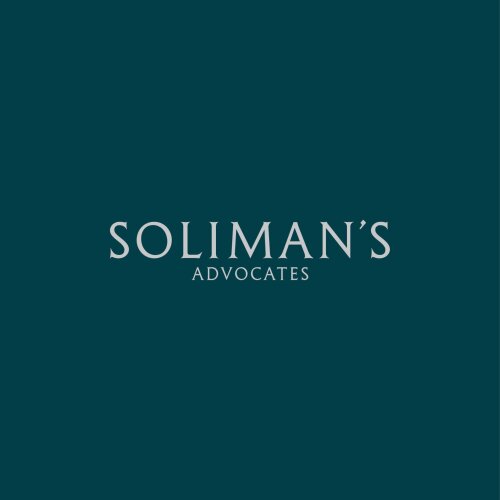Best Media, Technology and Telecoms Lawyers in London
Share your needs with us, get contacted by law firms.
Free. Takes 2 min.
List of the best lawyers in London, United Kingdom
About Media, Technology and Telecoms Law in London, United Kingdom
The intersection of law, media, technology, and telecoms is a rapidly growing field under UK law. It regulates areas like broadcasting, advertising, telematics, data protection, e-commerce, and telecommunications. London, as a leading hub for these industries, has a particularly vibrant and complex legal scene in these fields with numerous major media corporations, technology companies, and telecom providers headquartered in the city.
Why You May Need a Lawyer
You might need a lawyer in the media, technology, and telecoms industry in several situations. These might include negotiating contracts, addressing copyright issues, dealing with data protection and privacy laws, e-commerce transactions, defamation issues in the media, or regulatory compliance with telecom licensing. Whether you are a startup, an established business, or an individual, having a legal counsel can help you navigate these complex and specialized issues in law.
Local Laws Overview
The key areas of law relevant to media, technology, and telecoms in London include the UK Copyright, Designs and Patents Act 1988, the Data Protection Act 2018, and the UK GDPR. Various laws apply to large parts of the telecoms industry, including the Communications Act 2003, and the Electronic Communications and Wireless Telegraphy Regulations 2011. Laws impacting the media include the UK Broadcasting Code and UK Advertising Codes.
Frequently Asked Questions
Who regulates the media, technology and telecoms sector in the UK?
The primary regulatory body for media, technology, and telecoms in the UK is Ofcom. The Information Commissioner’s Office regulates data privacy and protection.
What is the role of a lawyer in technology transactions?
In technology transactions, a lawyer typically assists in drafting, reviewing, and negotiating contracts, ensuring compliance with relevant laws and protecting clients from potential legal risks.
Do I need a lawyer if I want to start a media company?
While it's not a legal requirement, it's highly advisable to consult a lawyer when starting a media company. They can guide you through licensing requirements, copyrights, and other regulatory matters.
How can a lawyer help with issues regarding the UK GDPR?
A lawyer can assist in ensuring your business processes and technologies are compliant with the stringent requirements of the UK's data protection laws.
What are the penalties for breaching the UK Copyright, Designs and Patents Act 1988?
Penalties for breaching this Act can include financial penalties, damages, or even imprisonment, depending on the seriousness and nature of the offence.
Additional Resources
You can find additional information and guidance from various governmental or regulatory bodies like the Information Commissioner's Office (ICO), the Office of Communications (Ofcom), and the Intellectual Property Office. The British and Irish Legal Information Institute's (BAILII) website is a helpful resource for reviewing case law in this area.
Next Steps
If you require legal advice in media, technology, and telecoms, your first step should be to find a lawyer with expertise in these fields. Engage in a detailed discussion about your needs, and ensure they explain all the legal implications clearly. Be proactive in your understanding of the legal landscape, as the law continuously evolves in these fastpaced fields.
Lawzana helps you find the best lawyers and law firms in London through a curated and pre-screened list of qualified legal professionals. Our platform offers rankings and detailed profiles of attorneys and law firms, allowing you to compare based on practice areas, including Media, Technology and Telecoms, experience, and client feedback.
Each profile includes a description of the firm's areas of practice, client reviews, team members and partners, year of establishment, spoken languages, office locations, contact information, social media presence, and any published articles or resources. Most firms on our platform speak English and are experienced in both local and international legal matters.
Get a quote from top-rated law firms in London, United Kingdom — quickly, securely, and without unnecessary hassle.
Disclaimer:
The information provided on this page is for general informational purposes only and does not constitute legal advice. While we strive to ensure the accuracy and relevance of the content, legal information may change over time, and interpretations of the law can vary. You should always consult with a qualified legal professional for advice specific to your situation.
We disclaim all liability for actions taken or not taken based on the content of this page. If you believe any information is incorrect or outdated, please contact us, and we will review and update it where appropriate.
Browse media, technology and telecoms law firms by service in London, United Kingdom
London, United Kingdom Attorneys in related practice areas.










